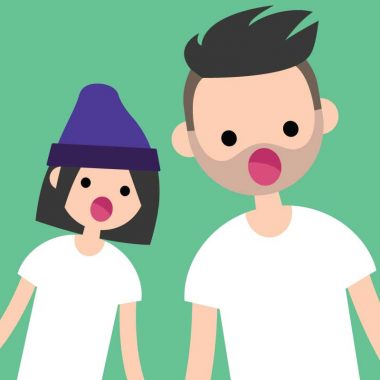A Brief History Of The Letter H
Though it’s a high-value letter in Scrabble and Words with Friends, H is a relatively common letter. Statistically speaking, it is the eighth most commonly used letter in the English language. That’s because H is usually paired with other consonants like wh, ch, sh, and gh. H is found in the most common two-letter pair (th) and in the most common three-letter combination (the). (The letter …



